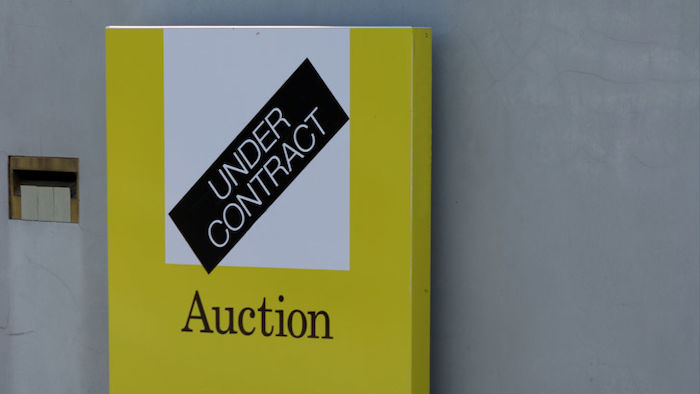How the CGT six-year absence rule can save you thousands
By Amir Ishak
If you are a property investor and have sold or are selling your investment property at a profit, then you're likely interested in any tax exemptions and concessions that could help you pay less in capital gains tax.
One of the most beneficial exemptions and concessions is the six-year absence rule, known by some as the six-year capital gains (CGT) tax rule.
Here's what you should know.
What is capital gains tax?
Any capital gain that you make on the sale of your investment property is considered income.
The profit on the sale of your property must be added to your annual income tax return. The extra tax that you'll be liable to pay is called capital gains tax or CGT.
Understanding the six-year absence rule
There are a few circumstances where concessions or exemptions allow you to pay less or no CGT, including the main residence exemption, the six-year absence rule, the six-month rule; and the 50% CGT discount.
The main residence
If you own and live in your property, it is considered your main residence.
Since you wouldn't usually generate an income from it, you'll be exempt from capital gains liability.
To qualify, you will have to show the ATO that the property has been your main residence since the settlement, along with the following criteria:
- you must occupy the property for the duration that you've owned it;
- you're known to keep your possessions at that property;
- you use the address to receive your postal mail;
- the property's utility accounts are in your name; and
- you are registered at that address on the electoral roll.
The six-year absence rule
Under the CGT six-year absence rule, the ATO allows you to treat your property as if it was your main residence after you move out for up to six years from the date you start to generate an income from it.
So, just like owner-occupiers, who sell their family home without being liable for CGT, property investors can sell their property within six years and not have to pay CGT.
You will, however, have to meet a few criteria to utilise the six-year absence rule:
- your investment property must have initially been considered your main residence before it was used to generate an income (i.e. rented out); and
- you can't nominate another property as your main residence for the same period.
The most common reason people claim the six-year absence rule is when they can't live in their main residence, for example if they have had to relocate for work.
Rather than have it stand empty while they're away, the capital gains six-year absence rule allows them to rent it out without worrying about triggering CGT liability on its eventual sale.
Another benefit to claiming this CGT concession using the six-year absence rule is that it resets each time you move back home and re-establish it as your main residence.
So you can claim the main residence exemption, provided that you don't move away for more than six years at a time.
The good news for owner-occupiers
Paying capital gains tax on the sale of your investment property is an inevitable part of selling at a profit.
However, if you're clued up on when and how the ATO allows you to reduce your liability or be exempt from it, you could end up significantly reducing your tax liability.
If you're an owner-occupier, the great news is that you may have access to the main residence exemption, so you'll generally not have to worry about paying CGT on the sale of your property.
But, there's some good news for property investors too. The ATO gives property investors a chance to claim the main residence exemption using the CGT six-year absence rule, if all the conditions are met.
If you meet the criteria and sell your former home within six years of renting it out, you may be eligible to apply for the six-year absence rule and claim the main residence exemption.
It's always good to consult with a registered tax agent or property tax specialists before claiming any ATO capital gains tax concessions and exemptions.
Get stories like this in our newsletters.



